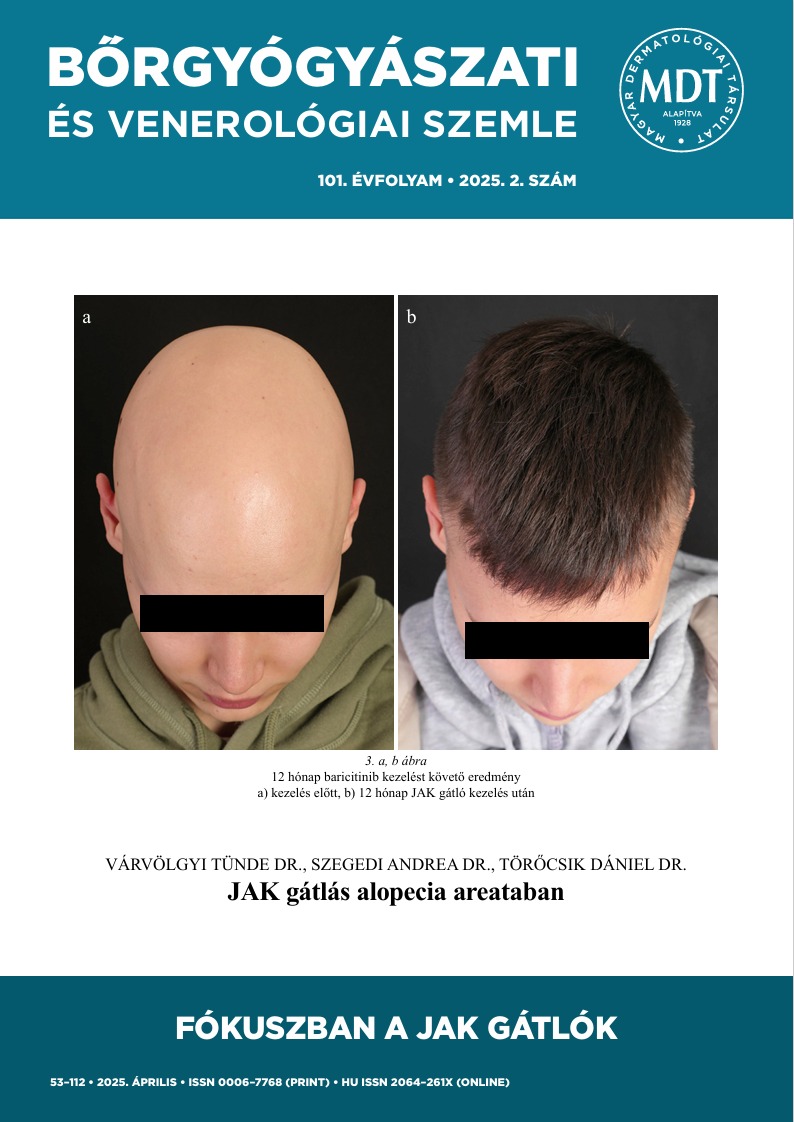Small-molecule therapies in the treatment of psoriasis
Abstract
Biological therapies have led to dramatic improvements in the treatment of moderate-to-severe psoriasis. The efficacy and safety of the biological therapies are difficult to surpass, the possibility of avoiding self-injection and opting for oral administration is considered as an important advantage. Research aims to develop oral therapies that exceed the effectiveness and safety of available biological treatments. The latest understanding of psoriasis pathogenesis has led to the development of targeted molecules, both for systemic and topical application. The novel small-molecule therapies primarily target intracellular signaling pathways, like the JAK/STAT, PDE-4, and AhR pathways. Deucravacitinib, the first oral allosteric Tyk2 inhibitor, was approved for the treatment of mo derate-tosevere psoriasis. The topical application of the PDE-4 inhibitor roflumilast and the AhR modulator tapinarof was approved for mild, moderate, and severe plaque psoriasis. This article presents the latest approved and under-development small-molecule oral and topical therapies for the treatment of psoriasis.




